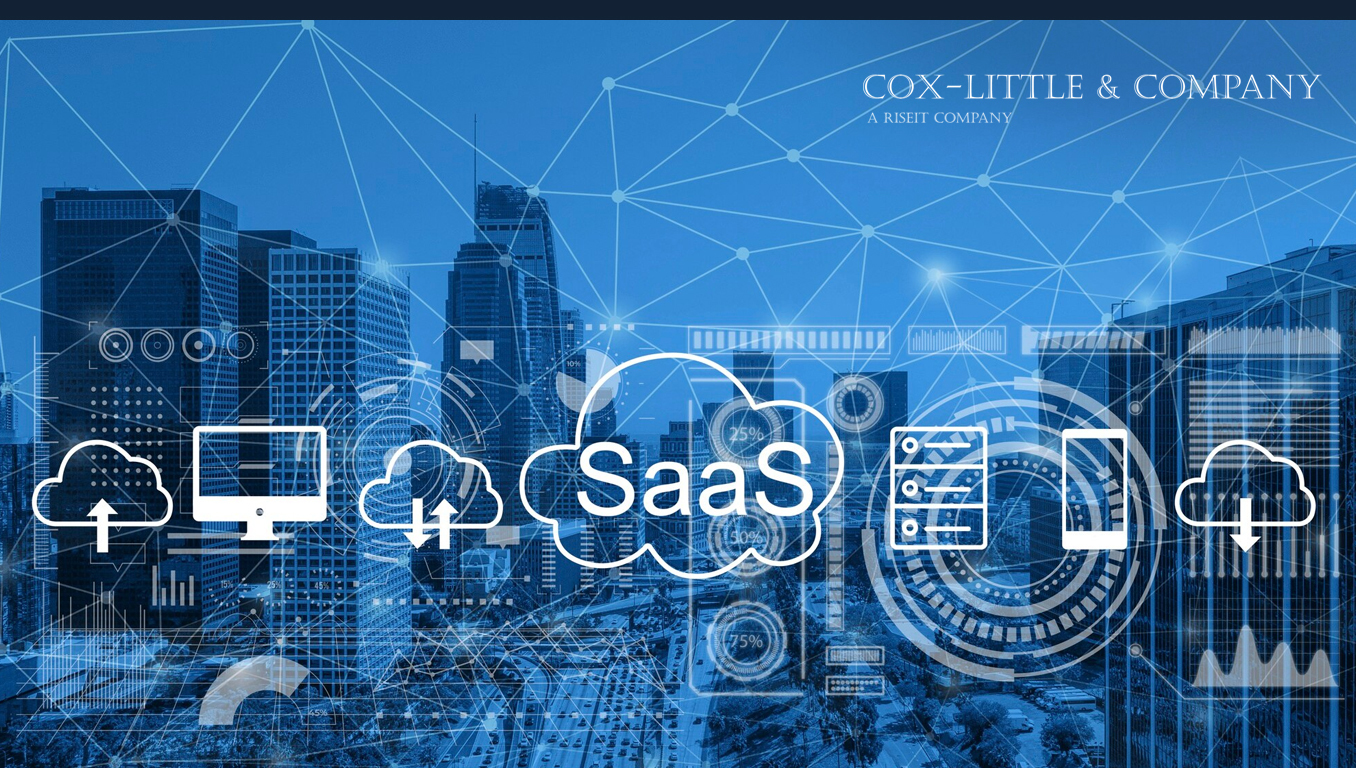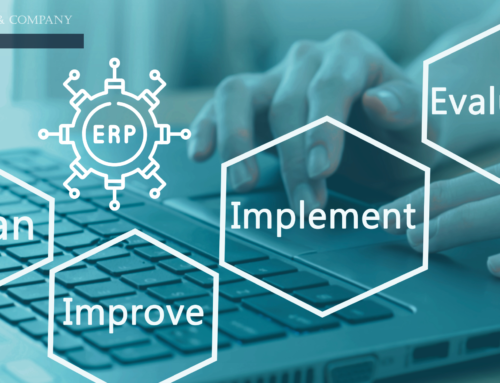
Just a decade ago, enterprise resource planning (ERP) software was used almost exclusively by the largest companies and corporations. And this makes sense since ERP platforms were originally developed with these large and complex operations in mind.
But enterprises aren’t the only ones who can benefit from the many tools and features that exist within a well-built ERP platform. Although until relatively recently, enterprise resource planning software was just too expensive for these smaller ventures to purchase, deploy and maintain. That is no longer the case today and it is all thanks to the cloud. Smaller and mid-sized companies can see a sizable ROI from an investment in cloud-based ERP software.
This, of course, prompts the question: what is the true cost of cloud ERP for small business? Many factors impact cloud ERP costs, both financial and non-financial alike.
What is Cloud ERP? How Does it Differ from Traditional ERP Systems?
The defining characteristic of cloud ERP platforms is the cloud, which is where the software’s data is processed and stored. Therefore, instead of running on a server down the hall in the company’s high-tech data center, a cloud-based ERP software runs on a cloud platform’s server.
Cloud-based ERP software — like traditional ERP platforms — are designed to serve as an automated, centralized core for an organization’s operations. The typical ERP system includes interfaces for business processes such as:
- Accounting
- Human Resources (HR)
- Manufacturing
- Supply Chain Management and Logistics
- Marketing and Sales
A cloud ERP platform may also include other features and functionalities, such as an enterprise messaging platform, reporting tools, business analytics, and metrics.
A Breakdown of Cloud ERP Costs for Small Businesses
Each company’s needs are unique; subsequently, each company’s cloud ERP costs are going to vary because cloud-based systems are based upon actual usage of resources. In fact, this “pay for actual usage” concept is perhaps the most significant key difference that sets cloud platforms apart; it has placed this technology within the grasp of small businesses.
Cloud Platform Costs – With cloud ERP, companies do not need to worry about the exorbitant costs of establishing and maintaining an on-premises data center (which is required for traditional ERP.) There is no spacious, modern data center. No hardware is in need of maintenance and periodic replacement. No, IT staff to oversee and maintain the data center. And there is no worry about being tasked with handling each and every problem that crops up.
Additionally, with a traditional data center, it is standard practice to maintain far more server space and computing power than what is actually needed at any given point in time. Companies are paying to acquire and maintain resources that may never be utilized. That is not ideal.
With a cloud-based ERP platform, clients are usually charged monthly for the cloud resources they actually utilize — not the resources that could potentially be utilized. This aligns well with most small business and startup business models since they are not wasting money on unused resources. Cloud ERP also lends itself to tremendous scalability and business growth.
Updates and Maintenance Costs – In the case of traditional ERP platforms, the business is tasked with overseeing all aspects of maintenance. This can include the following.
- ERP software security updates
- ERP software updates for new functionalities
- Server system updates and upgrades
- Network updates
- Hardware repairs and maintenance
- Hardware replacement
Some may find it advantageous that traditional ERP platforms empower the business to oversee each and every aspect of its operation. But most do not require this degree of control and it can get very costly since experienced technicians are required to keep the data center and its systems operational.
In the case of cloud ERP, update and maintenance costs are minimal. You don’t need to maintain a data center, so there are no hardware-related expenses. The same is true of the servers, which are managed and maintained by the cloud service provider.
Network and ERP platform-related updates are required for a cloud-based system. But these tasks tend to be fairly small in scope and they often fall within the capabilities of a small company’s tech team. IT contractors can also be summoned to assist or even train the in-house IT staff to maintain a cloud ERP platform.
Configuration and Cloud ERP Deployment Costs – Small businesses should expect to encounter costs associated with configuration and deployment. Enterprise resource planning systems are typically large, complex systems that are used in place of or in conjunction with multiple disparate stand-alone software platforms. ERP systems can require lots of customization for some companies and this does carry a cost.
Data must be transferred away from software platforms that are going to be eliminated from usage. For third-party platforms that will be retained, integrations need to be established with the cloud ERP platform. The actual ERP software itself will need some configuration too.
The deployment must be carefully planned as well. A changeover plan is critical for minimizing any downtime. This planning and deployment process often requires hiring ERP professionals such as an ERP consultant or extra hours from in-house tech staff, resulting in costs that should be factored into the equation.
Cloud ERP Training Expenses – Small business owners will want to budget for training on their new cloud ERP software. Training is necessary, whether you’re working with a cloud-based or traditional ERP interface. A company’s IT staff and the employees who will be using the software will need orientation and training to succeed. This allows everyone to make the most of the cloud ERP platform from day one. Resulting in maximizing ROI and ensuring a smooth transition to new software.
Training expenses ought not to be viewed as “optional,” even for a small business. A smaller company’s employees and tech team will need training just as much as the staff at a Fortune 500 company. The primary differential is scale, both in terms of the size of the ERP platform and the number of people who require training. The good news is that training is usually a one-time expense.
Harnessing the Power of Cloud ERP
Implementing cloud ERP while your business is small can actually prove to be far more cost-effective than deploying the same type of system down the road when the company is larger and more complex. ERP software platforms are highly scalable and designed to grow with your business. And it’s all made possible thanks to the power of the cloud.
At Cox-Little, our cloud ERP experts have deployed systems for companies of all sizes. We take the time to understand the unique concerns and requirements of every client. We do this by tailoring a custom solution with the talent and technologies they need to succeed. Contact Cox-Little today to learn more about our cloud enterprise resource planning solutions.





Leave A Comment